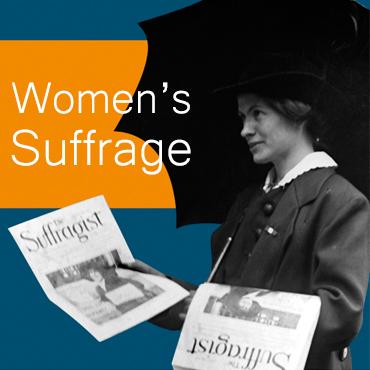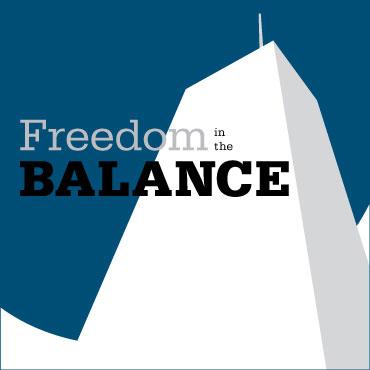Civil Rights Media Map - 1954
See how geography, social and political values, economics and history affected newspapers' exercise of freedom of press during the civil rights movement.
Get even more great free content!
This content contains copyrighted material that requires a free NewseumED account.
Registration is fast, easy, and comes with 100% free access to our vast collection of videos, artifacts, interactive content, and more.
NewseumED is provided as a free educational resource and contains copyrighted material. Registration is required for full access. Signing up is simple and free.
With a free NewseumED account, you can:
- Watch timely and informative videos
- Access expertly crafted lesson plans
- Download an array of classroom resources
- and much more!
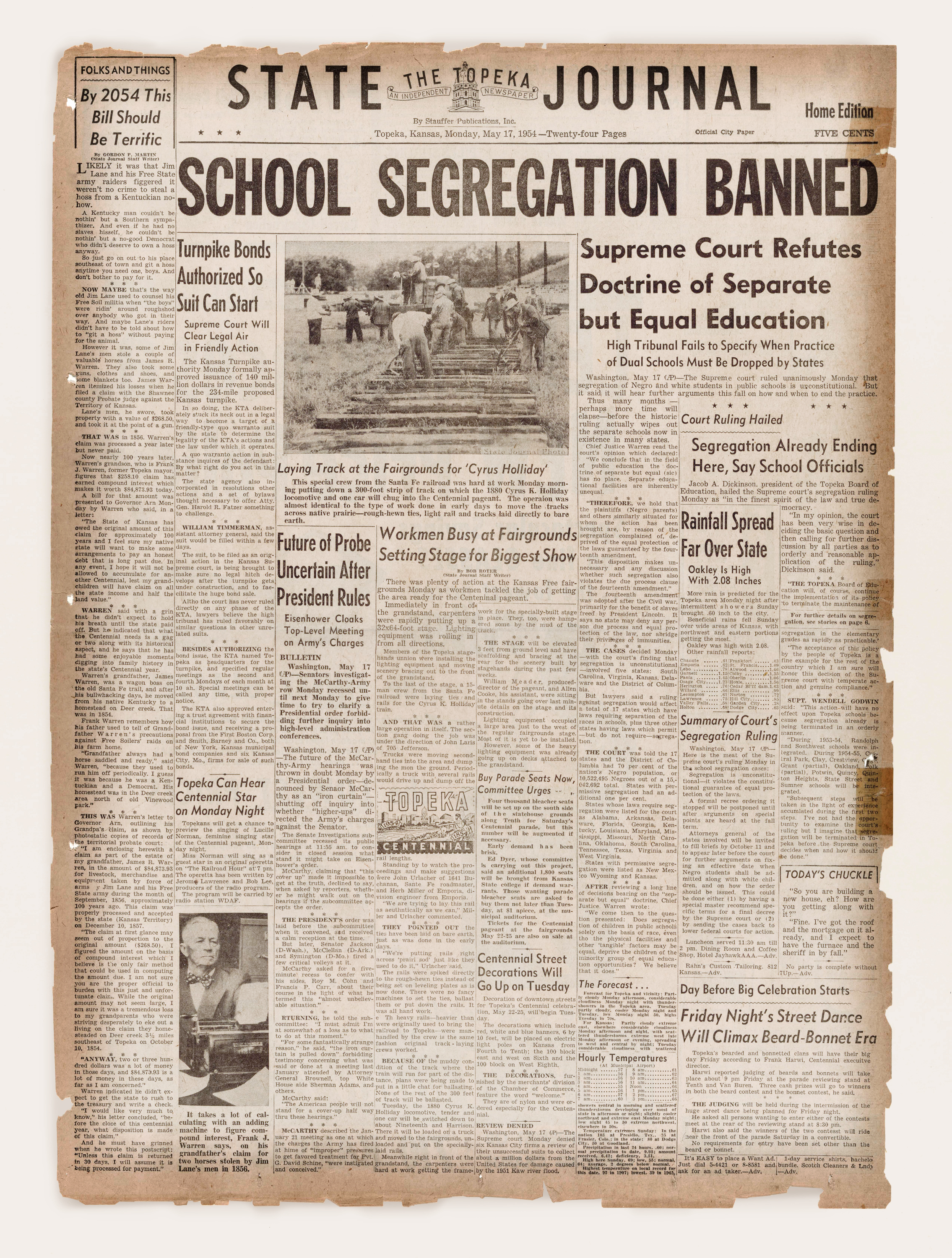
The Topeka State Journal
The Topeka State Journal was a daily afternoon paper founded at the end of the 19th century. The Journal’s main rival was the Topeka Daily Capital. Both papers covered the civil rights movement but downplayed racial tensions in Kansas, portraying the subject as an issue in the South, not the Midwest. Coverage of race issues increased in the 1950s, and in 1954, the State Journal provided extensive coverage of the Brown v. Board of Education decision and supported the Supreme Court’s ruling. In 1980, The Topeka State Journal merged with the Topeka Daily Capital.
view larger image
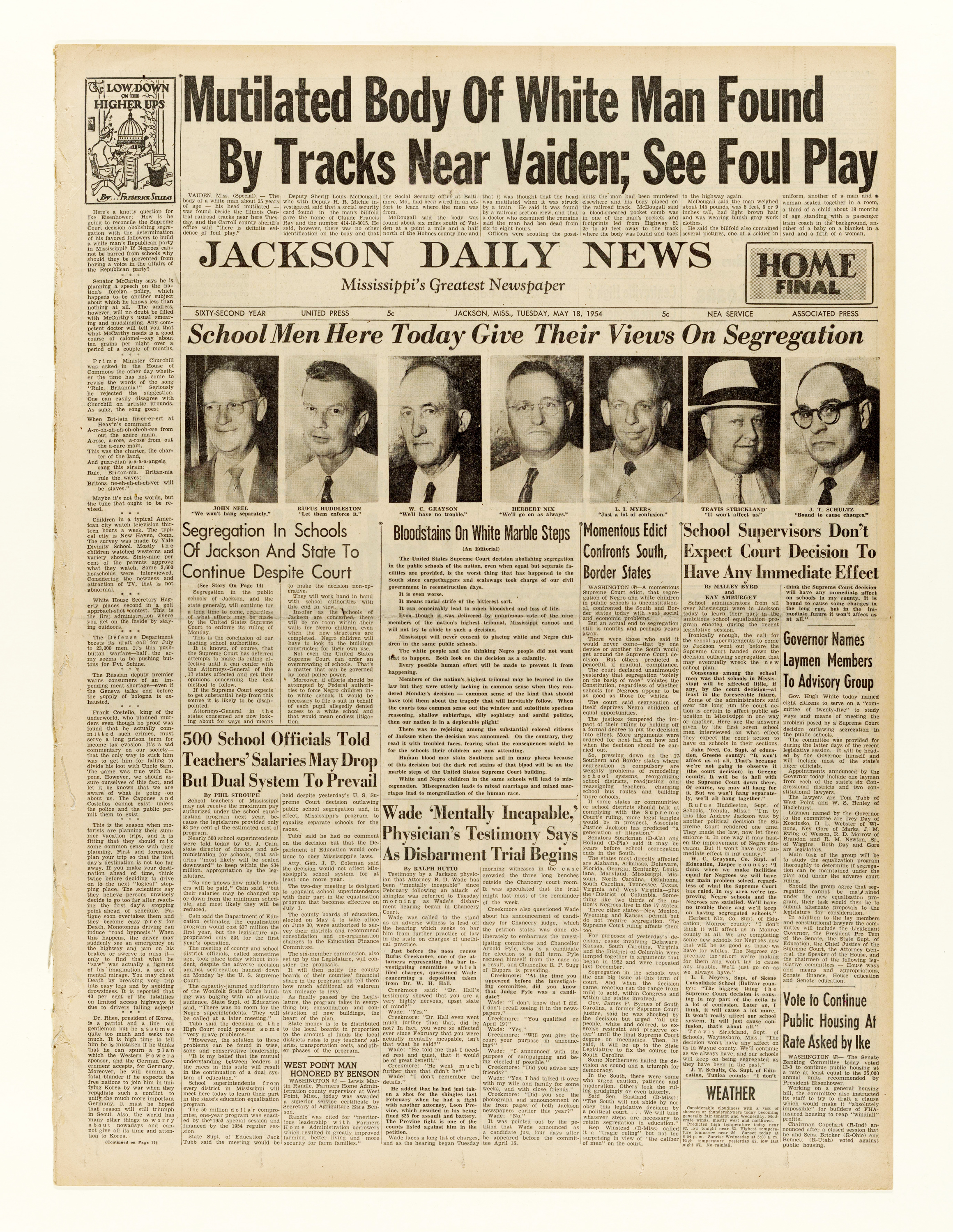
Jackson Daily News
The Jackson Daily News dates its founding to 1882. In the early 20th century, The Jackson Daily News and the Clarion-Ledger were the dominant papers in Jackson. Both papers were owned by the Hederman family, who were segregationist and, after the Civil War, strongly opposed Reconstruction. Not all Daily News reporters were segregationists, but the editors expected reporters to adhere to the owners’ beliefs. The paper also printed articles by members of the White Citizens’ Council. The Jackson Daily News and the Clarion-Ledger merged in 1989.
view larger image
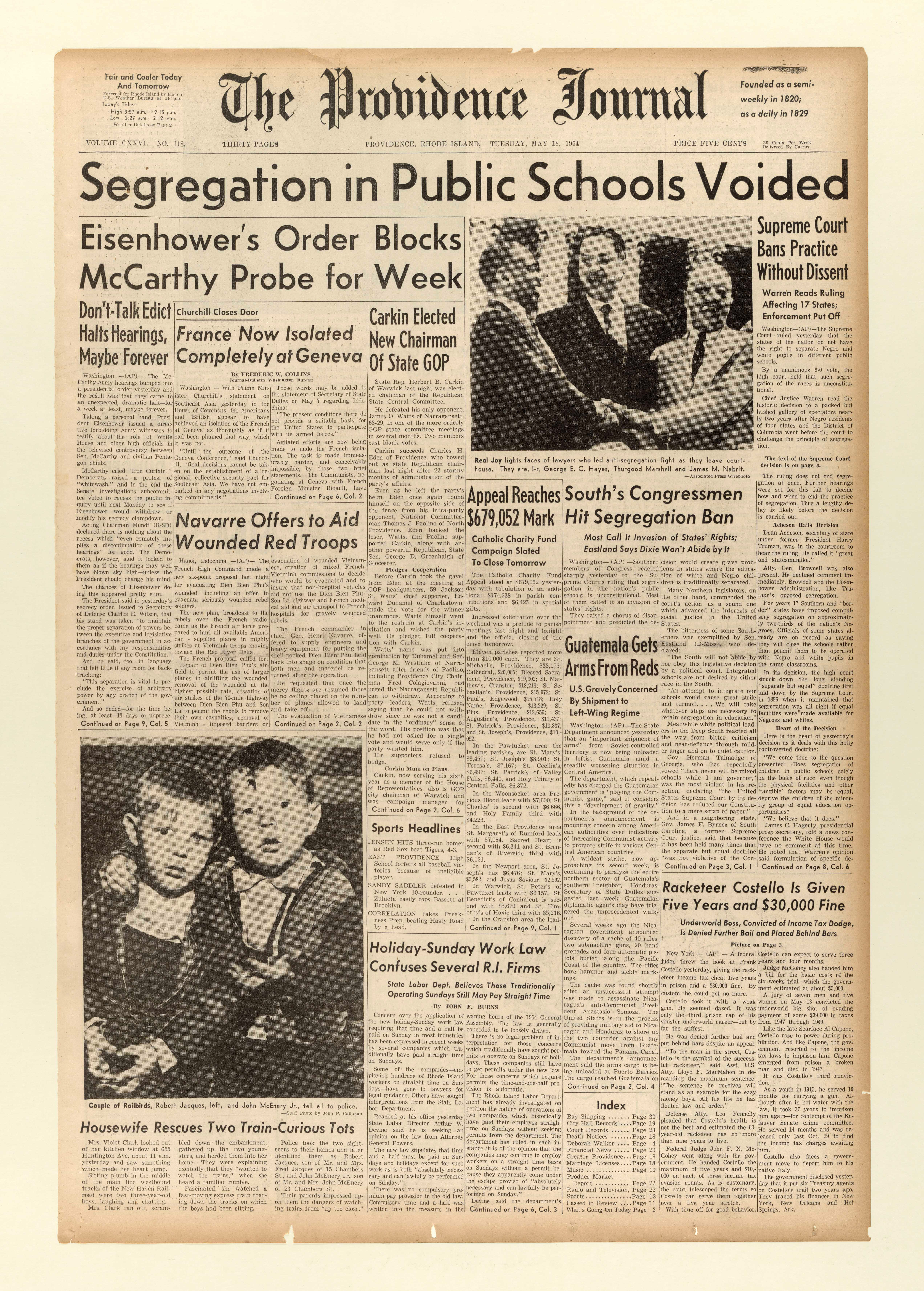
The Providence Journal
The Providence Journal, founded in 1820, is the longest continuously published daily newspaper in the United States. In 1948, the Journal asked William Hodding Carter Jr., a journalist with the Mississippi Delta Democrat-Times, to write a series of responses to Northern articles about racial discrimination in the South. Carter won a Pulitzer Prize in 1946 for an editorial condemning racial injustice, but in the Journal, Carter defended the South and decried “federal intervention.”
view larger image




